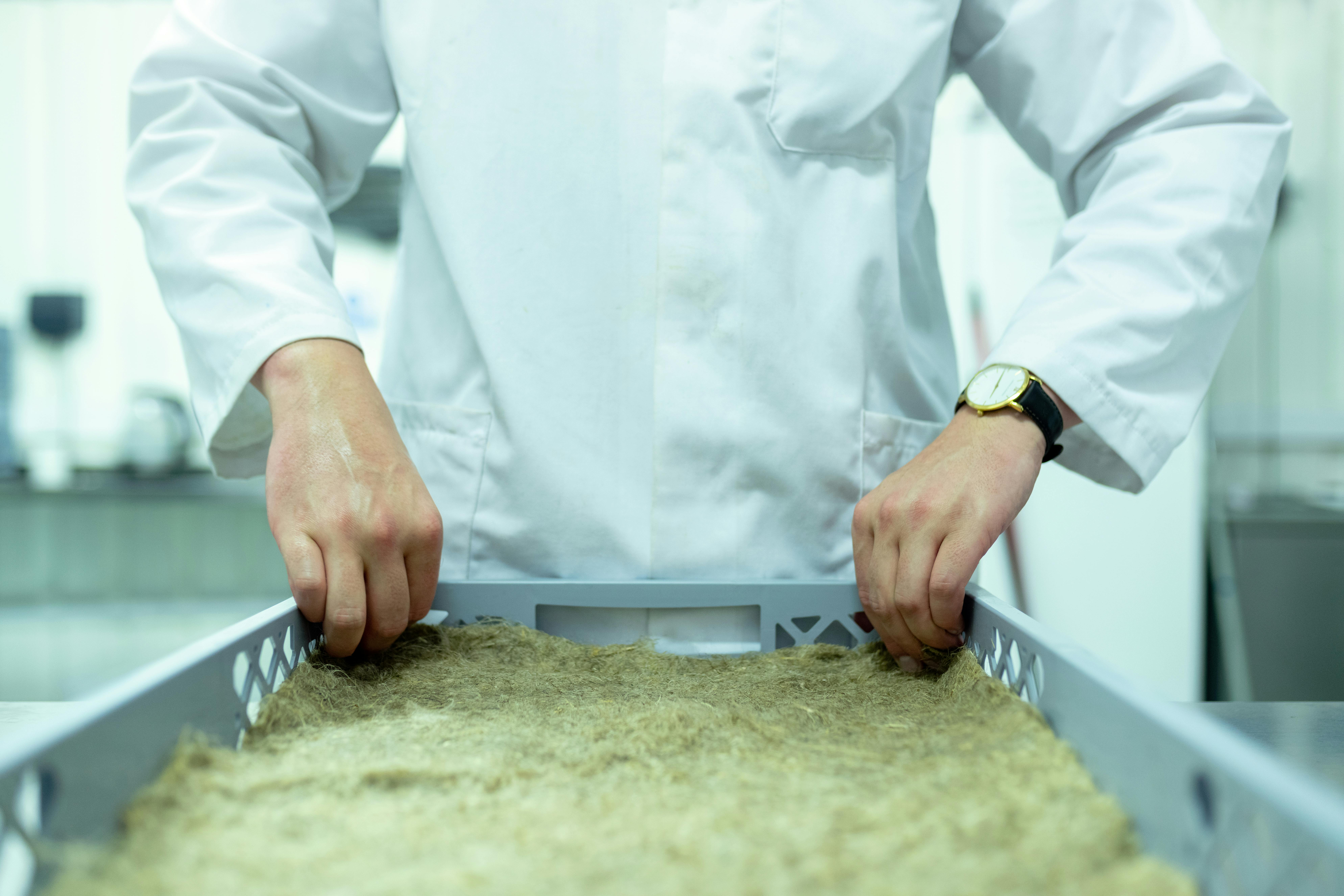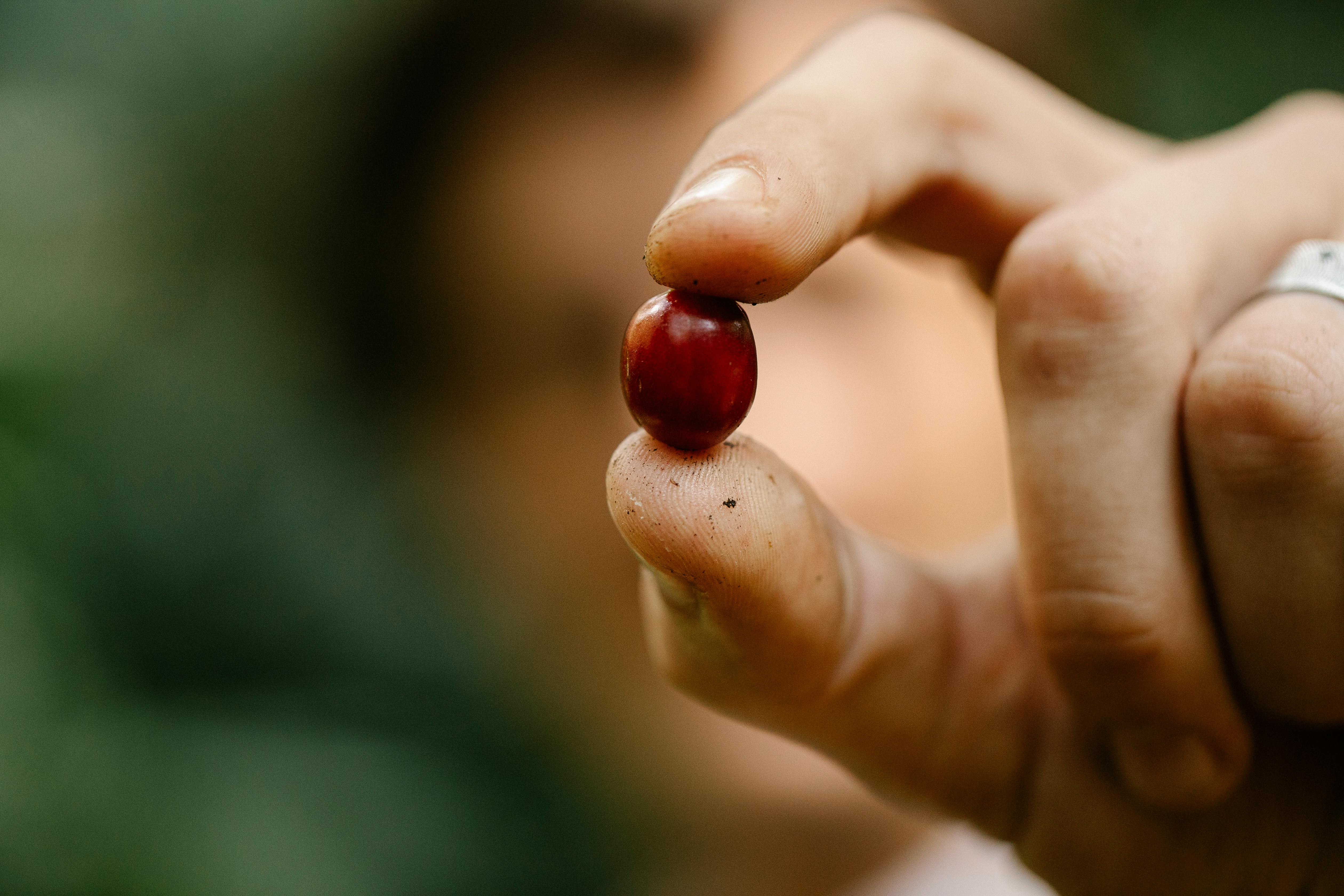Cultivating Change: Organic Farming Trends Among World Farmers
- 12/10/2023
- 1174 Views

Photo by Zen Chung on Pexels
Cultivating Change: Organic Farming Trends Among World Farmers
1. The Rise of Organic Farming
Organic farming has witnessed remarkable growth in recent years, as farmers worldwide have started to shift towards more sustainable and eco-friendly practices. With increasing concerns about the negative impacts of conventional agriculture on the environment and human health, organic farming has emerged as a viable alternative.
2. Benefits of Organic Farming
One of the primary reasons behind the surge in organic farming is the multitude of benefits it offers. Organic farming eliminates the use of synthetic fertilizers, pesticides, and genetically modified organisms (GMOs). Instead, it focuses on natural methods, such as composting, crop rotation, and biological pest control, to maintain soil fertility and control pests and diseases.
Furthermore, organic farming encourages biodiversity, supports the health of pollinators and other wildlife, and reduces the risk of water contamination. Organic produce also tends to be richer in nutrients and free from harmful chemical residues, making it a healthier option for consumers.
3. Global Organic Farming Trends
The adoption of organic farming practices is not limited to a specific region; it is a worldwide movement. Europe leads the way in organic agriculture, with countries like Austria and Switzerland having the highest proportion of organic farmland. However, other continents, including North America, Asia, and Latin America, are also experiencing significant growth in organic farming.
In some regions, governments and international organizations provide financial assistance and incentives to farmers to transition to organic practices. This support includes training programs, access to organic seeds and fertilizers, and certification assistance, making it easier for farmers to make the switch.
4. Organic Farming Challenges
While the organic farming movement continues to gain momentum, it faces several challenges. One major obstacle is the higher labor requirements associated with organic practices. Organic farming often involves more manual labor, such as weeding and handpicking pests, which can increase production costs compared to conventional farming.
Additionally, organic farmers may face difficulties in marketing their products, as they compete with cheaper conventionally grown alternatives. However, consumer demand for organic produce is steadily increasing, and as economies of scale improve, the price gap between organic and conventional products is expected to narrow.
5. The Future of Organic Farming
The future looks promising for organic farming, as more farmers recognize the importance of sustainable agriculture. Consumer preferences for healthier and environmentally-friendly options continue to drive the demand for organic products.
Advancements in technology and research also contribute to the expansion of organic farming. Scientists are developing innovative methods to enhance soil fertility, increase pest resistance, and improve crop productivity, all within the framework of organic practices.
By cultivating change and embracing organic farming practices, farmers across the world are making a positive impact on the planet's health and the well-being of future generations.


